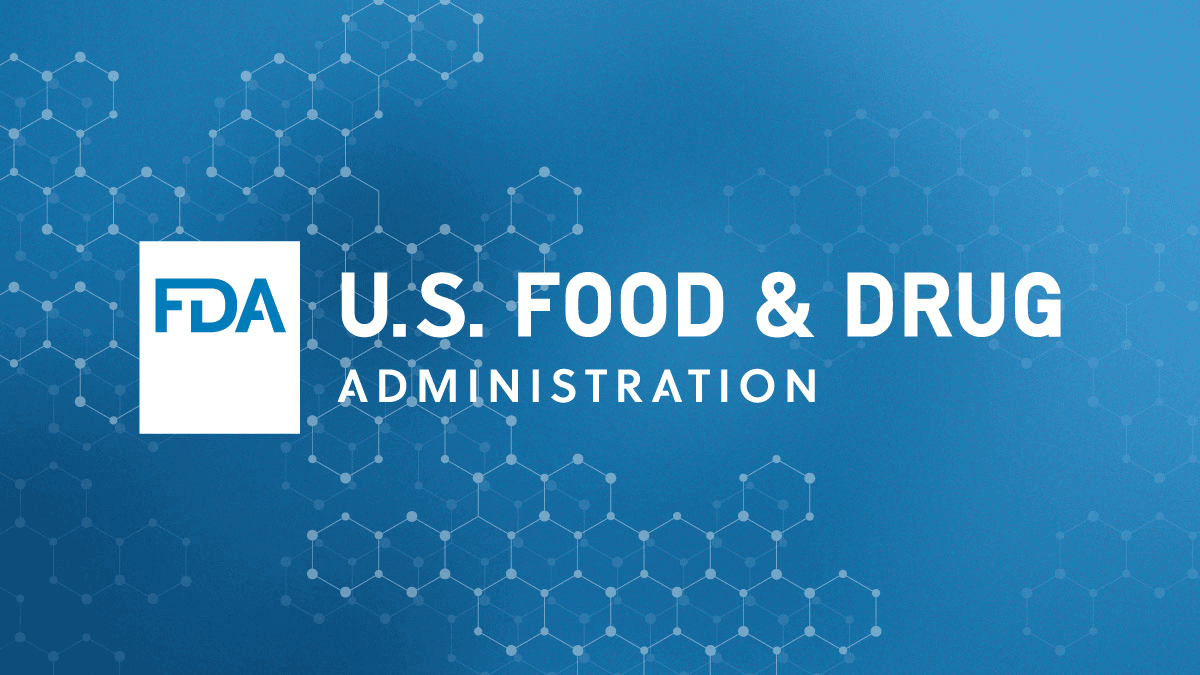Jysin
Bronze Baronet of the Realm
- 7,186
- 5,711
The only thing I can say in the UK (notably not EU anymore), every single piece of fresh fruit and vegetables have the city and country of origin on the packaging. Sometimes as much info as the specific farm.
I am all for this transparency as it helps make better informed decisions. Saw a punnet of strawberries yesterday that I nearly bought for my kid, saw that they were stamped somewhere from South America. Took that split second of distraction to remind myself it’s fucking January in Europe, of course they’re shipped in from thousand of miles away. I’ll kindly pass and keep an eye out for local seasonal stuff.
Longwinded way of saying, it wouldn’t surprise me if a lot of these rules are already in place in Europe, but just getting more specific / broadening types of commodities being reported?
I am all for this transparency as it helps make better informed decisions. Saw a punnet of strawberries yesterday that I nearly bought for my kid, saw that they were stamped somewhere from South America. Took that split second of distraction to remind myself it’s fucking January in Europe, of course they’re shipped in from thousand of miles away. I’ll kindly pass and keep an eye out for local seasonal stuff.
Longwinded way of saying, it wouldn’t surprise me if a lot of these rules are already in place in Europe, but just getting more specific / broadening types of commodities being reported?









